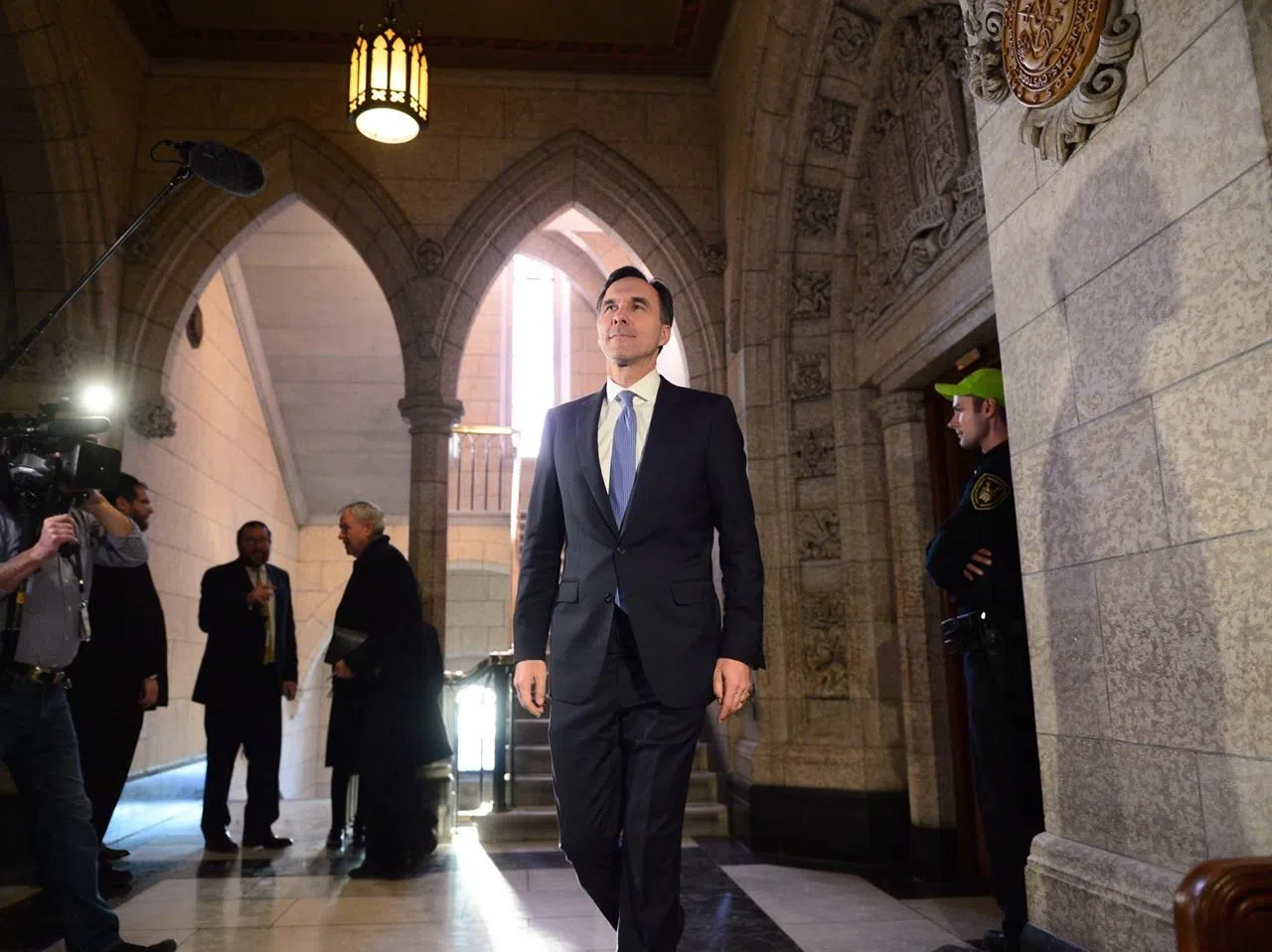
Finance Department trims long-term deficit projections after year of growth
OTTAWA — The federal Finance Department has shaved several years of projected deficits from Canada’s long-term financial future following better-than-expected economic growth in 2017 — though many more years of deficits remain.
Finance officials predicted in a report released Friday that barring any policy changes, the federal government could be on track to run annual shortfalls until 2045-46, compared to projections last year that deficits would run to 2050-51.
If such a scenario played out, the deficit would reach an annual high of $24.8 billion around 2030-31 before beginning to fall.
By 2040-41, the federal debt would top out at around $1.08 trillion before starting to fall, as compared to last year’s prediction that it would reach $1.55 trillion by 2050-51.


